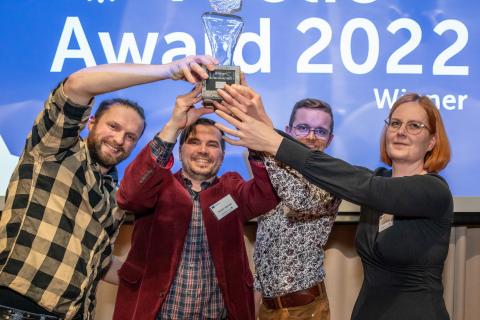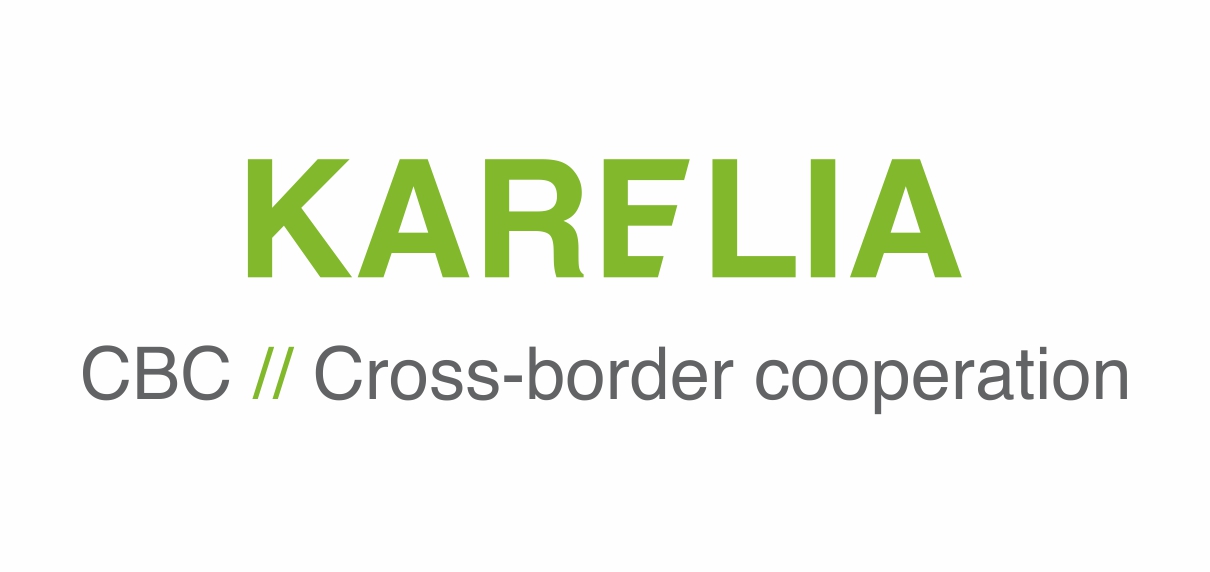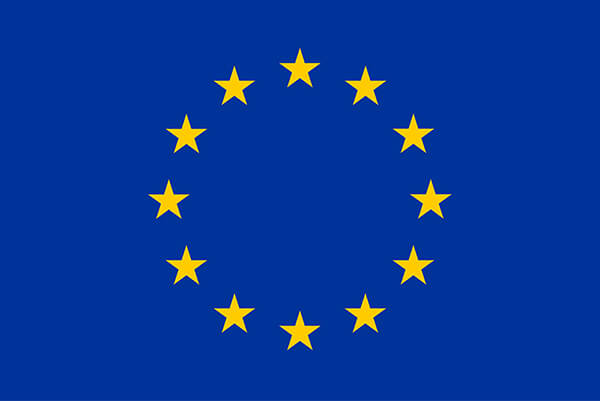
Project Wasteless Karelias, a project financed by Karelia CBC, is the Arctic Award 2022 winner. The Arctic Award ceremony, where the winner was finally selected, was held on 25th January in Oulu, Finland. The other finalists Grude, financed by Interreg Nord, and FAIR, financed by Interreg Botnia-Atlantica, were good competitors: each project was leading the voting during different stages of the voting period.
The winner, Wasteless Karelias, is a project which focused on improving waste management in rural villages in North-Karelia (FI) and the Karelian Republic (RU). The challenge was the poor waste collection and sorting facilities in the Russian villages, and the long distances to the waste collection and sorting facilities in Finland. The jury was impressed by how the project was designed on a people-to-people approach, and how it encouraged more than 3000 people to participate in its activities. The project established waste collection and sorting points, but also inspired people to waste prevention. Trash Art activities was one visible example. The project started in December 2018 and ended in August 2022.
The Arctic Cooperation network has collected photos and vibes of the latest Arctic Award ceremony in its Facebook page https://www.facebook.com/arcticcooperation
Arctic Award during the years
Arctic Awards has been an annual campaign since 2017. Arctic Cooperation -network, consisting of the programmes Northern Periphery and Arctic, Interreg Botnia-Atlantica, Interreg Nord, Kolarctic CBC and Karelia CBC, started the tradition by planning a competition to all projects financed in the frameworks of the programmes. The projects could apply for an award in the categories like e.g. Sustainable use of resources, Arctic Entrepreneurial spirit, Cold Climate Opportunities, and Overcoming Critical Mass. The categories represented the themes of the participating programmes excellently, and the criteria for the award were formulated separately for each category.
The Arctic Award competition was not arranged in 2021 because of the corona pandemic which seriously interfered international cooperation. During the break, the participating programmes carried out necessary adjustments of the Arctic Award procedure. For the 2022 Arctic Award, the participating programmes each nominated two candidate projects which focused on sustainable development in the Arctic, with a strong engagement/involvement of Arctic stakeholders.
A jury selected three finalists, looking for candidates which
- Convincingly show their actions can benefit people living in these regions.
- Are relevant and can contribute to sustainable development in Arctic and near-Arctic regions.
- Demonstrate capacity to engage with relevant organisations and people at the grass-root level.
- Show creativity, traction, excitement, in one word: oomph!
The finalists were presented in a social media campaign to the general audiences who then selected the winner by online voting.
Changes to come in the Arctic Cooperation programmes
So far, 9 projects have been awarded. After 2022, the composition of programmes and projects will change. It is an unfortunate fact that there will be no CBC programmes and projects left in the Arctic Award competition, because the preparation of the new programmes between the European Union and the Russian Federation has been suspended. The Arctic Awards and the Arctic Cooperation will soon consist of two programmes only: Interreg Northern Periphery and Arctic, and Interreg Aurora – which of course involve great projects and actors.
On photo above winning team: Gleb Iarovoy, Moritz Albrecht and Anssi Huoponen from University of Eastern Finland, and Reeta Rönkkö from the Association for Rural Culture and Education





